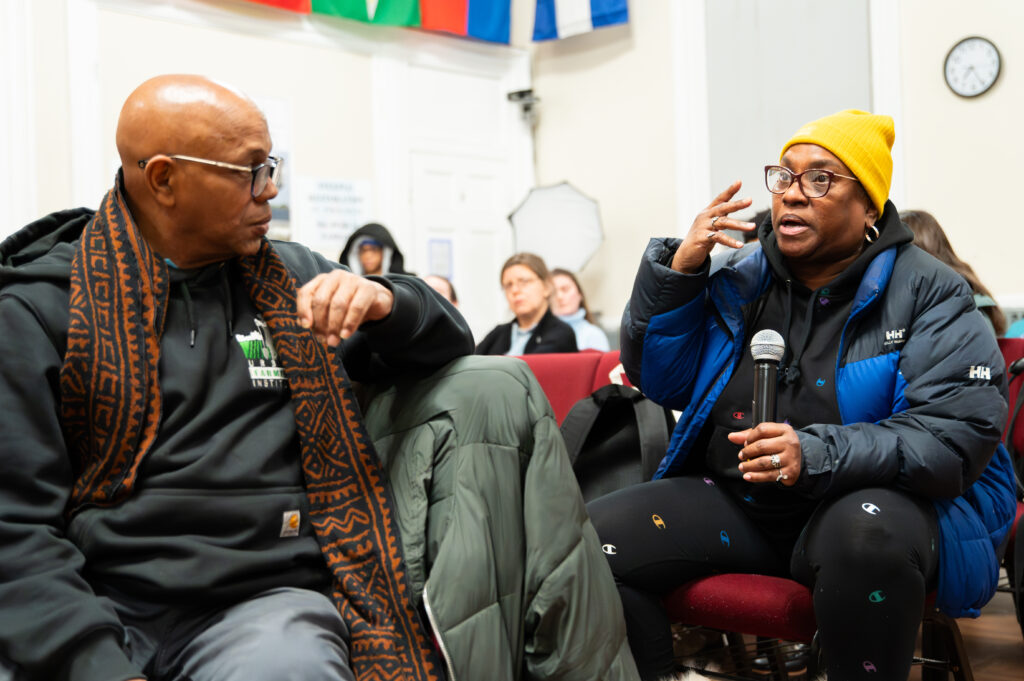
Our Process and Approach
Learn about our grantmaking process, the values guiding our work, and how we support innovative ideas and lasting impact.Our Grantmaking Process
There are a variety of ways organizations receive a grant from Barr. In most years, the majority of our grants support organizations we’ve previously funded. Yet, 15% to 30% of Barr grants help fund organizations we’ve never supported before. Learn about the different ways we make grant decisions at Barr below.
Building on Existing Partnerships
We consider deep partnerships essential to making a positive difference in the communities we serve, so we prioritize long-term relationships with organizations that share our vision and make a clear impact year-to-year. Many of our grants are multi-year commitments without set term limits. When a grant period ends, we often renew our support or fund new initiatives. Even when we don’t renew a grant, we remain in close contact and on the lookout for new opportunities to continue our partnership in the future.
Proposals Invited by Staff
To stay informed about needs and opportunities for impact, our team spends a great deal of their time in communities, engaging with leaders, residents, and experts. These conversations can lead to invitations by Barr staff to submit a grant proposal.
Requests for Proposals
On occasion, Barr issues open requests for proposals (RFPs), to provide broad access to opportunities, and to help us stay curious and open to new ideas and possibilities. To learn about RFP opportunities, we encourage you to subscribe to our newsletter.
Inquiries From Potential New Partners
Through the pathways outlined above, we aim to remain open to new ideas and partners. Yet, we know our networks have limits. So, we also welcome inquiries from people who’ve taken a look at our goals and strategies and want to introduce themselves to the relevant members of our team. We encourage you to review our program pages and submit inquiries via the forms you’ll find there.
What We Don’t Fund
Barr does not make grants to individuals or for scholarships. It is also rare for Barr to fund capital projects or event sponsorships, except on occasion for longstanding partners.


Transforming systems, policy, and narratives
A rider exits a bus in Malden, MA.
Five common themes characterize our work.
At Barr, we strive to be transparent, foster open dialogue, and nurture constructive relationships through:
- Flexibility and nimbleness
- A broad range of tools
- Knowledge and learning
- Openness and transparency
- Active collaboration

Codman Square Neighborhood Development Corporation
Our grantmaking
-
Grants Database
Explore the partners we support and see how they’re driving change.
Grants Database -
Completed Initiatives
Read impacts and learnings from Barr's completed grantmaking.
Completed Initiatives